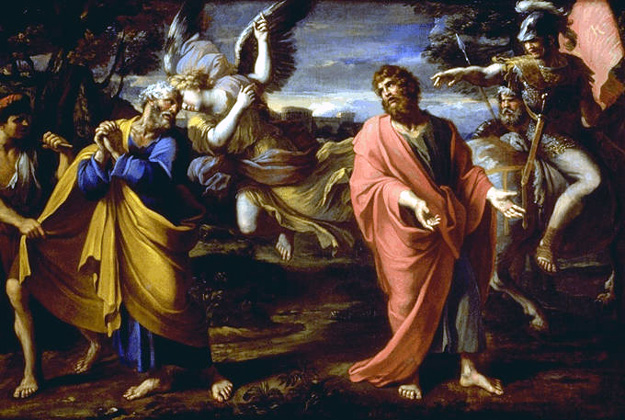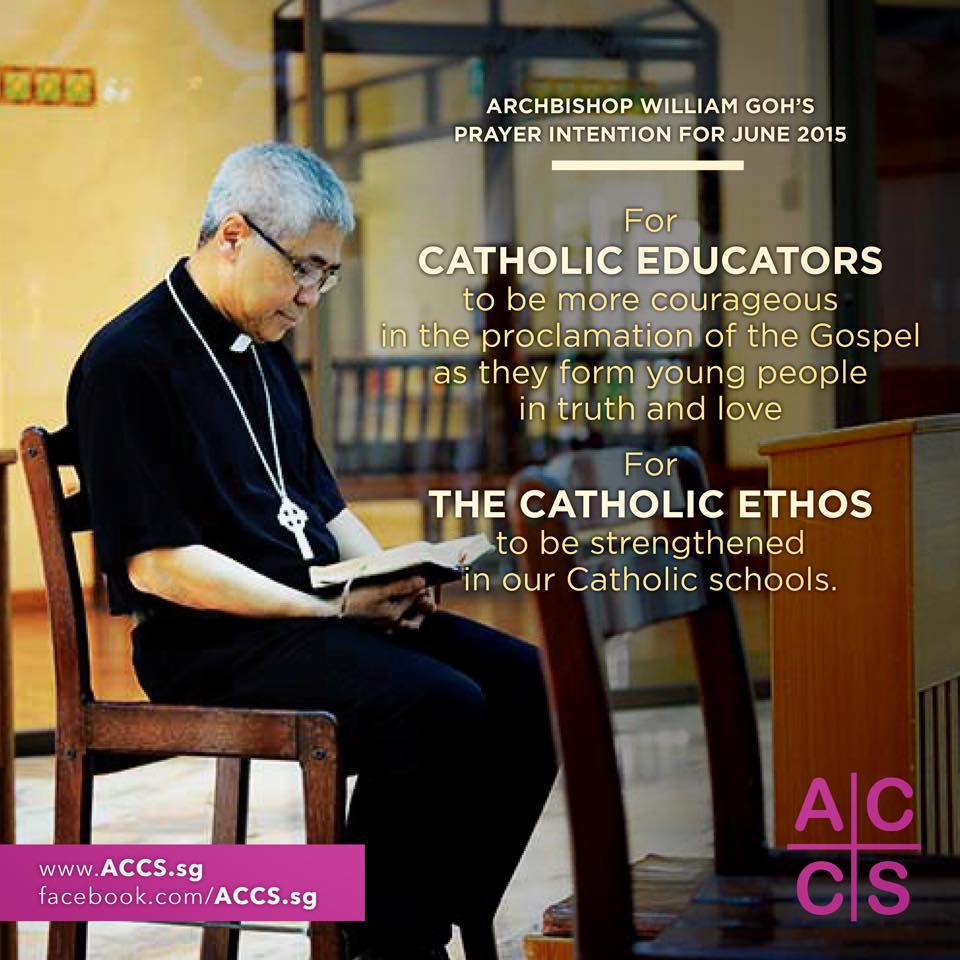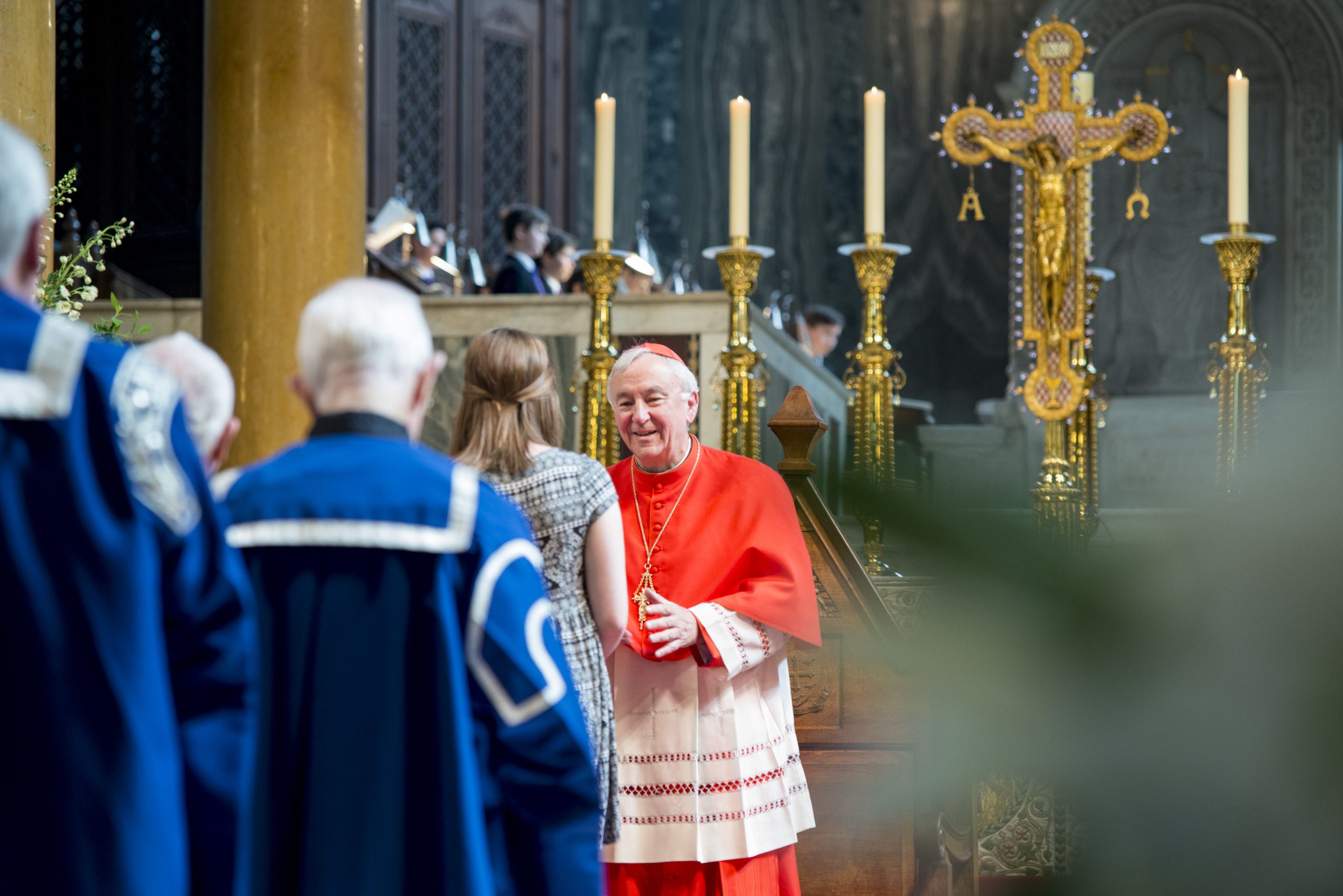Sr Delphine Kang RGS is the supervisor of Marymount Convent School.
What are your roles and responsibilities at Marymount Convent?
As supervisor in the only Good Shepherd School in Singapore, I ensure the school is on track in its mission, “reaching out with compassion and respect and empowering each person to develop her full potential holistically.” As a Religious of the Good Shepherd, I want to ensure that every child who comes to my school experience God in some way.
What are some of the difficulties in working in education?
As I am not directly involved in teaching and as the school programme is packed with a zillion things, getting a slice of time for spiritual things is a challenge. It is especially difficult to get a majority of pupils and staff to participate in optional Catholic activities like weekly Masses, adoration and other prayer sessions. While staff members are genuinely hard pressed for time, many shy away from the spiritual. I am pained and saddened by children whose parents forbid them to listen to Bible stories even as they send them to our mission school.
This cannot be easily overcome. However, I try to make things convenient and attractive, like meeting their schedules, and including their concerns and their families in the intentions. I also take every available opportunity at major school events to insert my presence and message of God’s abiding love for all. I hope that the hymns we insert at morning assemblies will touch the lives of all who are present, staff as well as pupils.
What is the fondest memory of your time working in the education sector?
There are many! The simplicity and joy of children, sometimes inexplicable; the sometimes good response of the staff and pupils in celebrations like Foundress Day and Easter; a couple of occasions when staff members or pupils are baptised at Easter; the commitment of parent volunteer catechists; and the annual P6 retreat camps that impact the participants greatly.
When you are faced with difficult students, what is one thing you tell yourself?
They are beloved children of God and His love will help overcome the challenges. Have patience, God has all the time. I lift them up in prayer that hand them over to the Lord to take charge of them.
What does being a Catholic educator mean to you?
While not diminishing the importance of academic excellence and holistic formation of our children, God has the first place in all things and is of primary importance in my life as an educator, and I want to transmit this priority to our children.
Why is education an important aspect of Good Shepherd Sisters?
Education – formal education – is secondary to the Good Shepherd Mission. Our main thrust is towards the socially marginalised, disadvantaged women and children. However, as education also falls within the ambit of our Mission, it provides a platform for some vital focus, like awareness raising for social issues – peace and justice, poverty, human trafficking, environment, migrant workers, and so on – as well as sowing the seeds of faith, and for character formation.
What is one thing about the founder of your congregation that inspires you?
Our Mother Foundress, St. Mary Euphrasia (1794-1868), was a visionary whose life, works and words remain ever relevant today. One of her many inspirations that I treasure is, “I was not possessed of great talents… I only loved. But I loved with all the strength of my soul.” One thing about her that I try to emulate and pass on to my school is gratitude. Despite numerous challenges in her life and mission, St Mary was ever thankful to God and exhorted her sisters to do the same. Gratitude is what keeps the flame of zeal alive even in the midst of discouragement and difficulties.
Has a student ever inspired you or taught you something valuable?
Yes, now and again I meet with students who are very respectful, full of gratitude and are helpful and self-giving. Most of all these are happy children and I use them as examples in my attempt to inspire others. Each time I see children bowed to the ground at the children’s adoration sessions, I am reminded of the call of Jesus to be like them… simple, humble and trusting.
How about the teachers you work with?
Thankfully, we have many teachers who are committed, focused on the school’s mission, are patient, caring, and who often go beyond the call of duty. I am encouraged and inspired by them to do my part and go the extra mile whenever the occasion arises.
What is one aspect or character of a Catholic school that you appreciate the most?
That we begin the day with a prayer and promote and practice Gospel values.
What difference would it make if Catholic parents enrolled their children in a Catholic school?
A Catholic school would help reinforce the faith of a Catholic child and sow the seeds of faith in a non-Catholic child, as well as build strong characters with the values of Jesus, the way of love, truth, and fullness of life. The Catholic environment of the school should instil in her pupils the things that matter most in life and a sense of self-worth based on an unselfish life of sharing, caring and giving.
What is one advice you would give to teachers today?
Teachers: yours is a noble vocation. Your words and actions impact the children you teach one way or the other. They look to you for inspiration and guidance. Love them and they will love you and loving you they will do well. Be a teacher like unto your Teacher (Jesus). Find time daily to sit at His feet to feel His love and listen to His wisdom. Take Him as your inspiration; love your pupils with His love. Be blessed and be a blessing to others.









